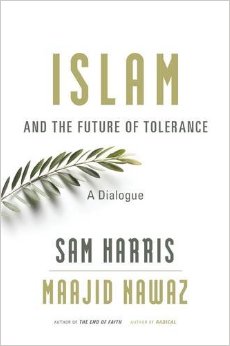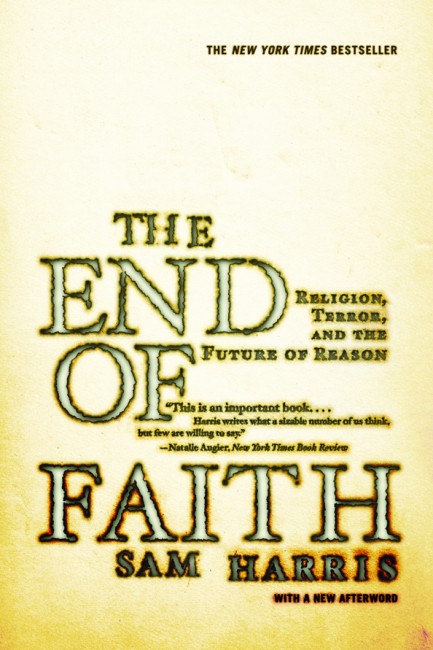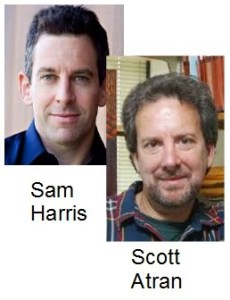If beliefs determine what we do it follows that no society can allow people freedom of religion or conscience. If religious beliefs cause some people to perpetrate terrorist carnage then we have to say good-bye to the West’s short-lived experiment with secular Enlightenment ideals. That is the conclusion (and I think it is correct) of Marek Sullivan in The New (Anti-) Secularism: Belief Determinism and the Twilight of Religious Liberty.
According to Harris, ‘Belief is a lever that, once pulled, determines almost everything else in a person’s life’ (12). This is why he thinks religious profiling may be a good idea (see below), that the ‘war on terror’ is fundamentally a ‘war of ideas’ (152), and that ‘Some propositions are so dangerous that it may even be ethical to kill people for believing them’ (52-3). Since what people believe determines what they do, the battle against religious violence is fundamentally a matter of doctrine, not guns or bombs (though guns or bombs are handy if the belief is dangerous enough). Rather than struggle with a torrent of violence, it is more effective to challenge the spring of belief before it metastasises into action. [Page numbers refer to Harris’s The End of Faith.]
Harris does indeed acknowledge (sometimes at least) the implications of such views:
If belief really does determine behaviour as a lever triggers a mechanism, then absolute liberty of conscience makes no ethical sense. Second, anyone familiar with Harris’s writings will know he does not always talk about the necessity that freedom of speech and thought be safeguarded. In fact he often seems to be talking about the opposite, as, for example, when he claims ’the very ideal of religious tolerance—born of the notion that every human being should be free to believe whatever he wants about God—is one of the principal forces driving us toward the abyss’ (2005: 15).
It follows that the principles of liberty of conscience and religious equality have to go.
And it’s less easy today to hide forbidden thoughts than it has ever been before. The internet is potentially storing all the things we have been thinking about whenever we have browsed the web or communicated online.
Philosophers Andy Clark and David Chalmers once coined the term ‘extended mind’ (1998) to describe the way technologies of information production and circulation (paper, pen, books, computers, the internet) blur the boundaries between self and world by extending human consciousness into the external domain. For them, our cognitive dependency on these technologies (e.g. as problem solvers or memory supports) makes it hard to tell where humans end and technology begins; this technology becomes, quite literally, us.
What are the implications for human freedom of an extended subjectivity, grafted onto personhood through the prostheses of email accounts, internet histories, and Facebook, and accessible to state powers? Can liberty of conscience and the invulnerability of the private sphere survive a situation where not only is belief ‘not simply in the head’ (Clark and Chalmers 1998: 14), but the government can peer into the extended self at the click of button?
Why not take Islamist terrorists at their word?
Sullivan poses the question: Continue reading “Is Religious Freedom Intolerable? (The Consequences of Sam Harris’s Arguments)”



